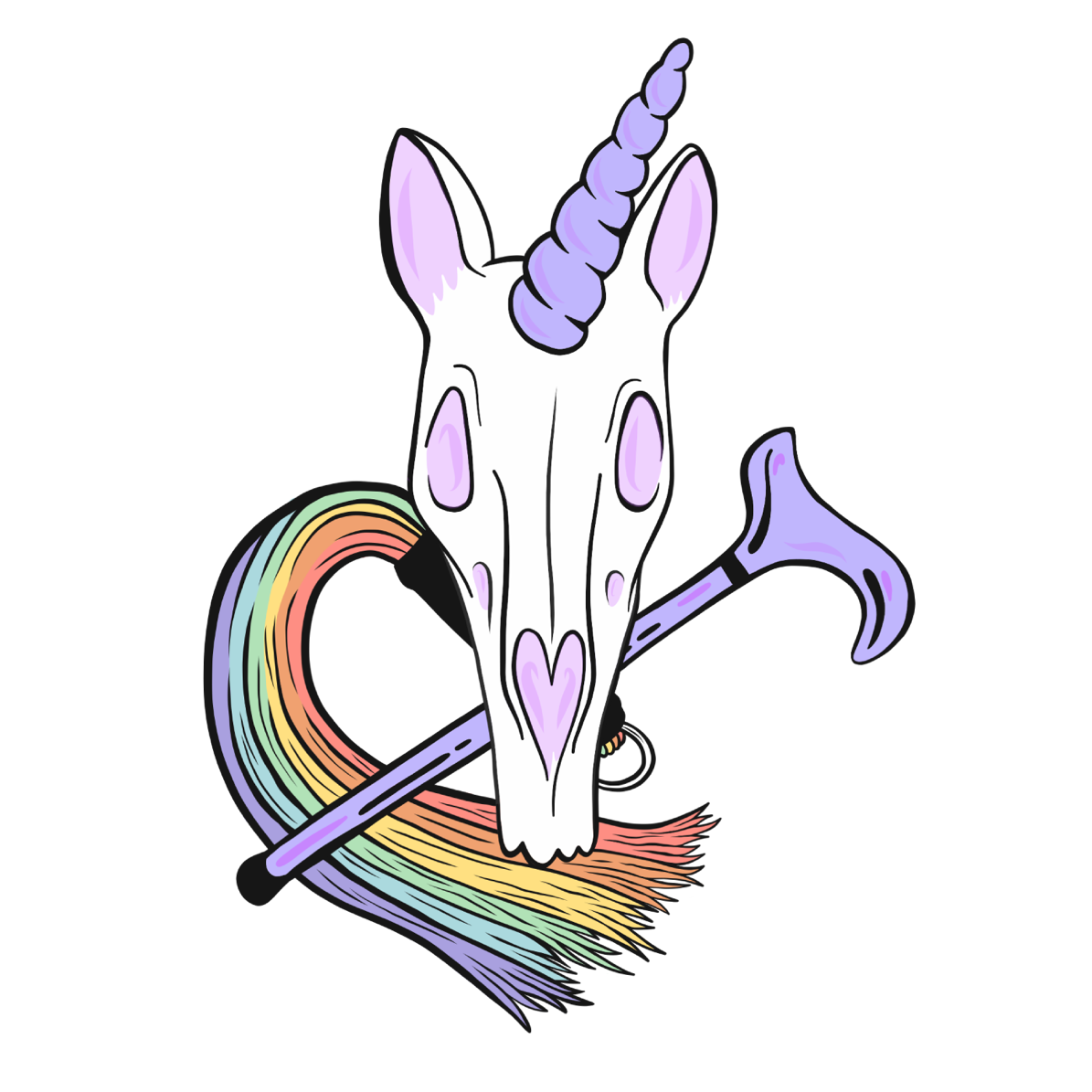Sprog refers to her father as \’daddy.\’ Dr. Maude refers to himself as \’daddy\’ when speaking to sprog. As a result, I find myself referring to Dr. Maude as \’daddy\’ and \’dad\’ a lot, even to his face, when the sprog is visiting us.
My mom used to do this as well, referring to my father as \’dad\’ instead of his first name or \’your dad.\’ (Do we drop \’your\’ out of laziness?) Occasionally she would refer to him by his first name, but rarely.
Last night I caught myself with my father\’s name on the tip of my tongue while attempting to address Dr. Maude.
Freudian theories about father-daughter-lover relationships aside, what does this say about the way we cognitively approach language in our relationships? In the broader sense, many relationships use \’honey,\’ \’dear,\’ etc. as emotional signifiers. The words are the same though the people in the relationship are interchangeable. When we use signifiers, nicknames, etc. instead of proper names to address people, are we cognitively minimizing their unique identities and sliding them as interchangeable people playing the part of a role? Is this a form of cognitive slippage: where the mind associates relationships with nurture and memories? Which part of the brain is it that is misfiring when the wrong word is being called into play? Is it simply a memory retrieval problem in the same way that words that sound alike are often misused? (For names that begin with the letter \’D\’ I occasionally find myself saying other important D names, such as my father\’s name, my familys\’ dog\’s name, \’doctor\’, or \’daddy\’.)

